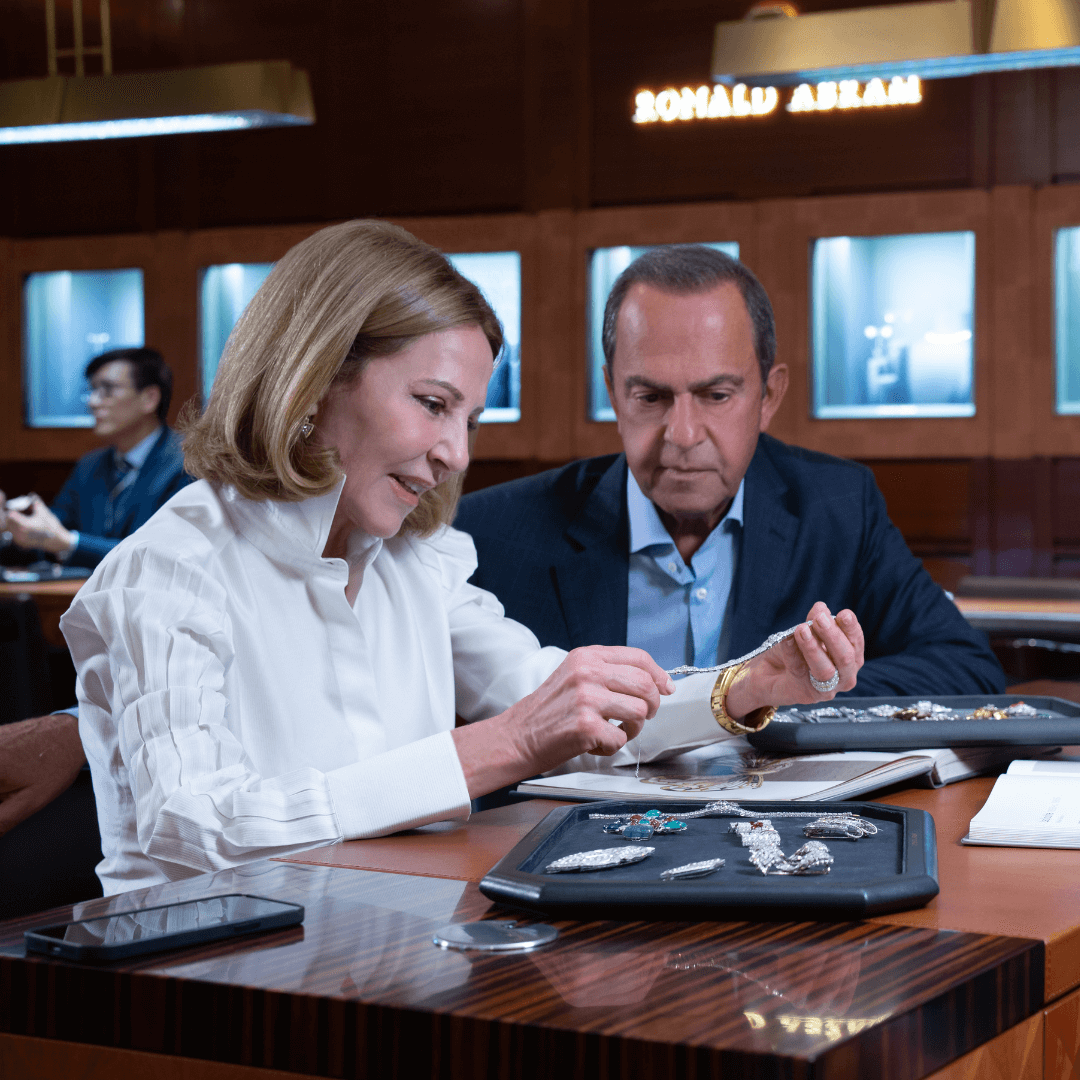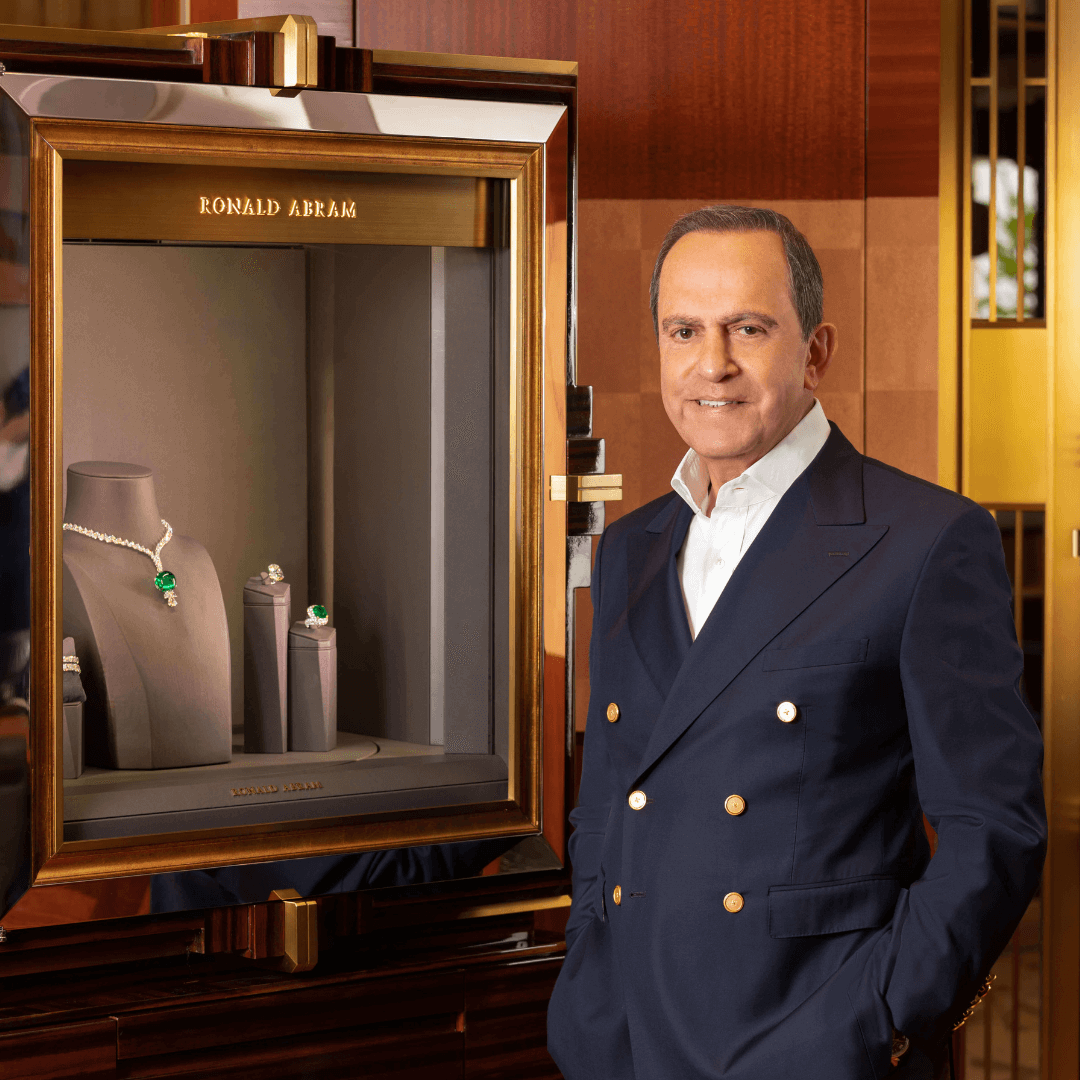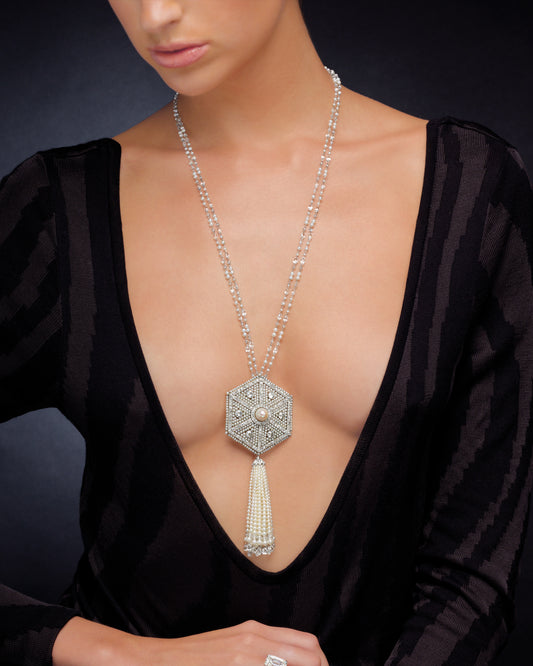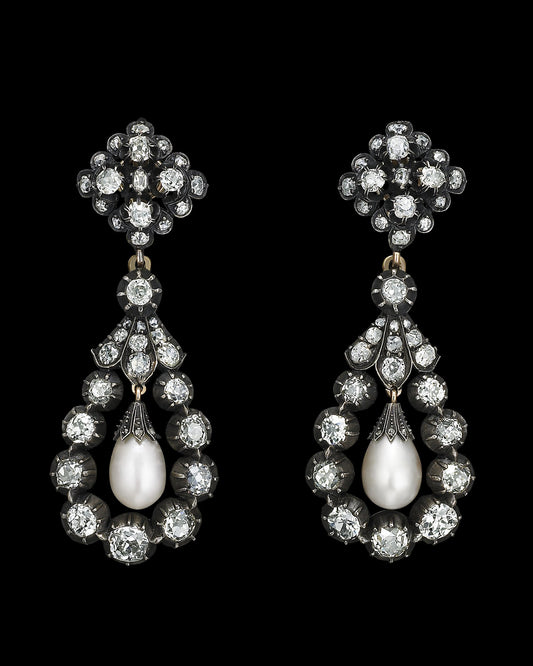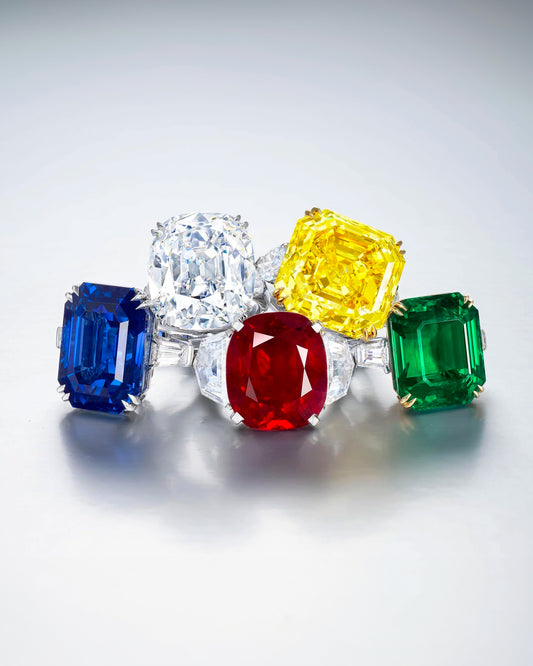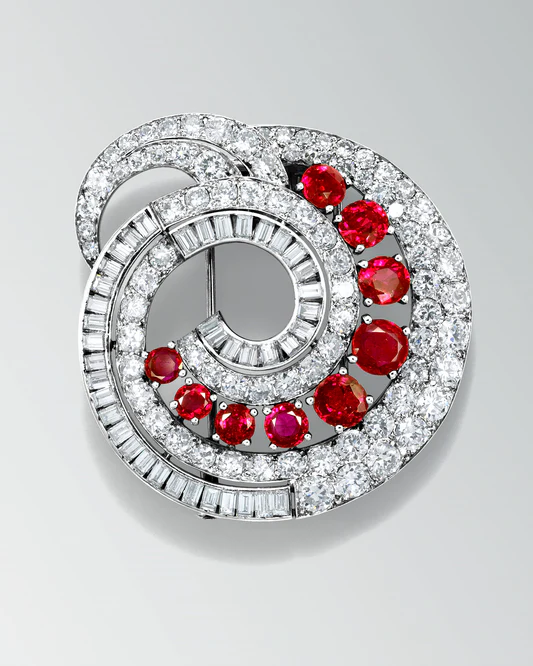
The Key to any Successful Acquisition
When we sit down with a new client, the first thing we observe isn’t how much they know about diamonds or gemstones but rather how willing they are to learn. Asking questions is key to any successful acquisition, but all too often buyers are reluctant to ask them. There's a misconception that asking questions assumes naivety on the part of the buyer. In fact, it's the opposite of that - not asking questions - that leaves buyers vulnerable. These are the three questions you should be asking:
1. Who are you?
Before making any significant jewellery purchase, it’s critical to do just as much research into the brand as the products they’re selling. What do they specialise in? How long have they been in business? If you’re about to purchase a high-value item, you want to be sure the jeweller you’re buying from will still be around long after the acquisition. In the case of Ronald Abram, they’ve been around for three generations and every client is always given the opportunity to deal directly with a family member.
Many first time buyers also approach a jewellery acquisition with a single transaction mindset, they don’t see it as an opportunity to develop a relationship. Whether you make a subsequent acquisition or not isn’t the point. If you’ve made one purchase, a relationship has been established. Again, you want to make sure it’s a jeweller that you’ll be able to return to if and when needed.



2. What do you think?
Like any professional, a reputable jeweller will always know more than the client in front of them. But in our experience, many buyers don’t ask the opinion of their jeweller when considering a piece. The mindset is, if I ask that question, the jeweller will always recommend the piece they want to sell, not what’s necessarily in my best interest. But a professional jeweller will offer advice based on a variety of considerations including; the client’s lifestyle, their motive for the acquisition and whether this piece fits in with the rest of their collection.
The buyer who prefers not to ask questions can often find themselves in an information dead end, where all they leave with is the research they had when they entered. The aim of these discussions is for both parties to ask questions, to learn and ultimately, develop a sense of mutual trust. After all, this is a significant purchase and in making an acquisition, you’ll be forming a lifelong relationship with that brand.
3. What is your after-sales service policy?
All jewellery needs servicing. With the exception of highly collectable pieces, jewellery isn’t acquired to be put in a safe, it’s purchased to be worn. With that in mind, buyers need to ask questions about the brand’s after-sales service policy. Can my jewellery be resized? What happens if I lose my gemmological certificate? How does the repair process work? What maintenance services do you offer? Do you have an archive system for keeping client records? We’ve had clients who have come back to Ronald Abram for jewellery servicing 30 years after their first acquisition. It’s at times like those that the experience and longevity of the jeweller is most appreciated.
“Collecting jewellery is a journey best taken with family by your side.”
Oftentimes, particularly for first-time buyers, servicing can be given very little if any consideration. It’s important to note that over time, stones and settings can loosen or even become damaged, sizing can change and/or the piece may need deep cleaning. Being able to return to the same jeweller, not just the same jewellery brand, holds enormous value and should be a key question asked before any acquisition. Who will I be dealing with going forward? Will my children be able to come back to you?
Asking questions is a sign of strength, not of weakness. It says, I want to know more so I can be better informed and make a better decision. Too many buyers believe that asking questions leaves them vulnerable and/or exposed. But the more questions a buyer asks, the more they can tap into the expert knowledge of the jeweller. The result is a buyer who is more savvy and more likely to make an acquisition worthy of collection.
